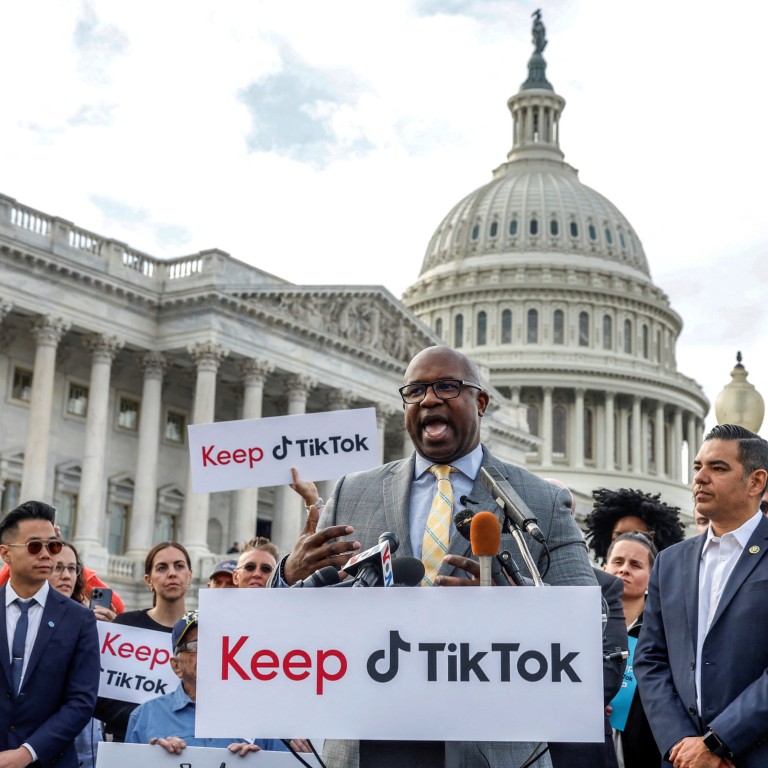
Letters | TikTok is just another Chinese scapegoat in the US witch hunt
- Readers discuss why concerns about data security are rich coming from the US, and Leslie Cheung coverage
Like its competitors, TikTok has been a target of concerns about the potential misuse of the private information it gathers about its users. The main difference is its Chinese background – and the accusation, never substantiated, that it has been sharing its user data with the Chinese government. Has no software engineer conducted a thorough examination?
US intelligence has defended Prism by citing Section 702 of the Foreign Intelligence Surveillance Act, which is “designed to facilitate the acquisition of foreign intelligence information concerning non-US persons located outside the United States. It cannot be used to intentionally target any US citizen, any other US person, or anyone located within the United States.”
Privacy and data security are both very important issues in the internet era. But after the developments of the last few years, one cannot help speculating that TikTok, a keen competitor and a threat to US-owned social media apps in terms of market share, is just another scapegoat in the US struggle to slow down and suppress China’s peaceful rise.
Andrew Lam Siu-lo, Legislative Council member
In remembering Leslie Cheung, don’t forget young readers
I would like to voice my objection to the coverage of Leslie Cheung’s death anniversary. Yes, his achievements were admirable but the manner of his death is not.
This sends the wrong message to impressionable young readers. Suicide by a young person is never a good option; it is a foolish choice that cannot be reversed.
Harriet Tung, The Peak

